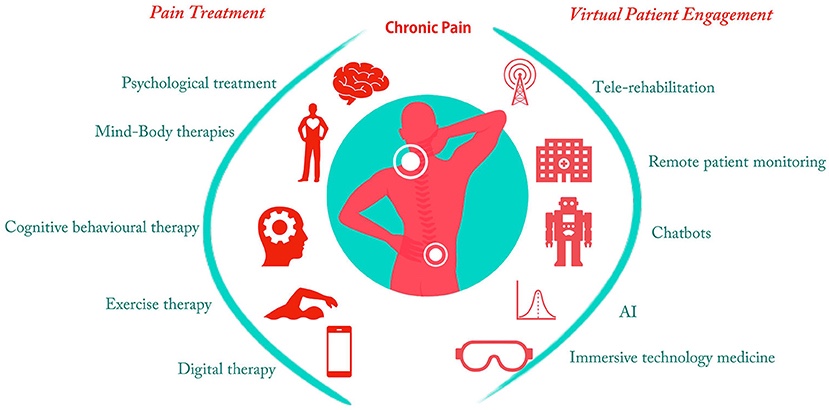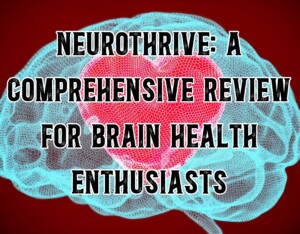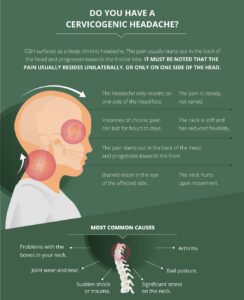Living with chronic pain can be challenging, but with the right management strategies, individuals can find relief and improve their quality of life. Chronic pain management involves a holistic approach that combines medical treatments, lifestyle adjustments, and self-care practices. In this article, we will explore various techniques and methods for managing chronic pain, emphasizing the importance of personalized care and addressing the specific needs of individuals.

Understanding Chronic Pain: Chronic pain is defined as persistent pain lasting for more than three months. It can be caused by various factors, including underlying health conditions, injuries, or neurological disorders. The first step in effective management is understanding the underlying causes and identifying the type and nature of the pain.
Medical Interventions: Medical interventions play a crucial role in chronic pain management. Physicians may prescribe medications such as analgesics, anti-inflammatory drugs, or antidepressants to help manage pain. Interventional procedures like nerve blocks, epidural injections, or spinal cord stimulation may also be considered for targeted pain relief. It is essential to work closely with healthcare professionals to find the most suitable medical interventions.
Lifestyle Adjustments: Adopting certain lifestyle adjustments can significantly impact chronic pain management. Regular exercise, under the guidance of a healthcare professional, can help improve strength, flexibility, and overall well-being. Physical therapy and targeted exercises can also aid in managing pain and enhancing functional abilities. Additionally, maintaining a balanced diet, managing stress levels, and getting sufficient restorative sleep are all integral parts of managing chronic pain effectively.
Complementary and Alternative Therapies: Complementary and alternative therapies can provide additional relief for chronic pain. Techniques such as acupuncture, chiropractic care, massage therapy, and yoga have shown promising results in reducing pain and improving overall well-being. It is important to consult with healthcare providers to ensure these therapies align with individual treatment plans.
Psychological Support: Chronic pain not only affects the physical body but also takes a toll on mental and emotional well-being. Seeking psychological support through counseling or therapy can help individuals develop coping mechanisms, manage stress, and navigate the emotional challenges associated with chronic pain. Cognitive-behavioral therapy (CBT) is often recommended to address negative thoughts, emotions, and behaviors related to pain.
Self-Care Practices: Self-care practices are essential for managing chronic pain on a daily basis. These practices may include relaxation techniques, meditation, deep breathing exercises, or mindfulness. Engaging in activities that bring joy, such as hobbies or spending time with loved ones, can also contribute to overall well-being and pain management.
Building a Support Network: Creating a support network of family, friends, and support groups can provide invaluable emotional support and understanding. Sharing experiences and learning from others who face similar challenges can provide a sense of community and empowerment.
Chronic pain management is a multifaceted journey that requires a personalized approach. By combining medical interventions, lifestyle adjustments, complementary therapies, psychological support, and self-care practices, individuals can find relief and regain control over their lives. Remember, effective chronic pain management is an ongoing process that requires patience, resilience, and collaboration with healthcare professionals. Together, we can alleviate the burden of chronic pain and improve the overall well-being of those affected.
As an Amazon Associate we earn from qualifying purchases through some links in our articles.




